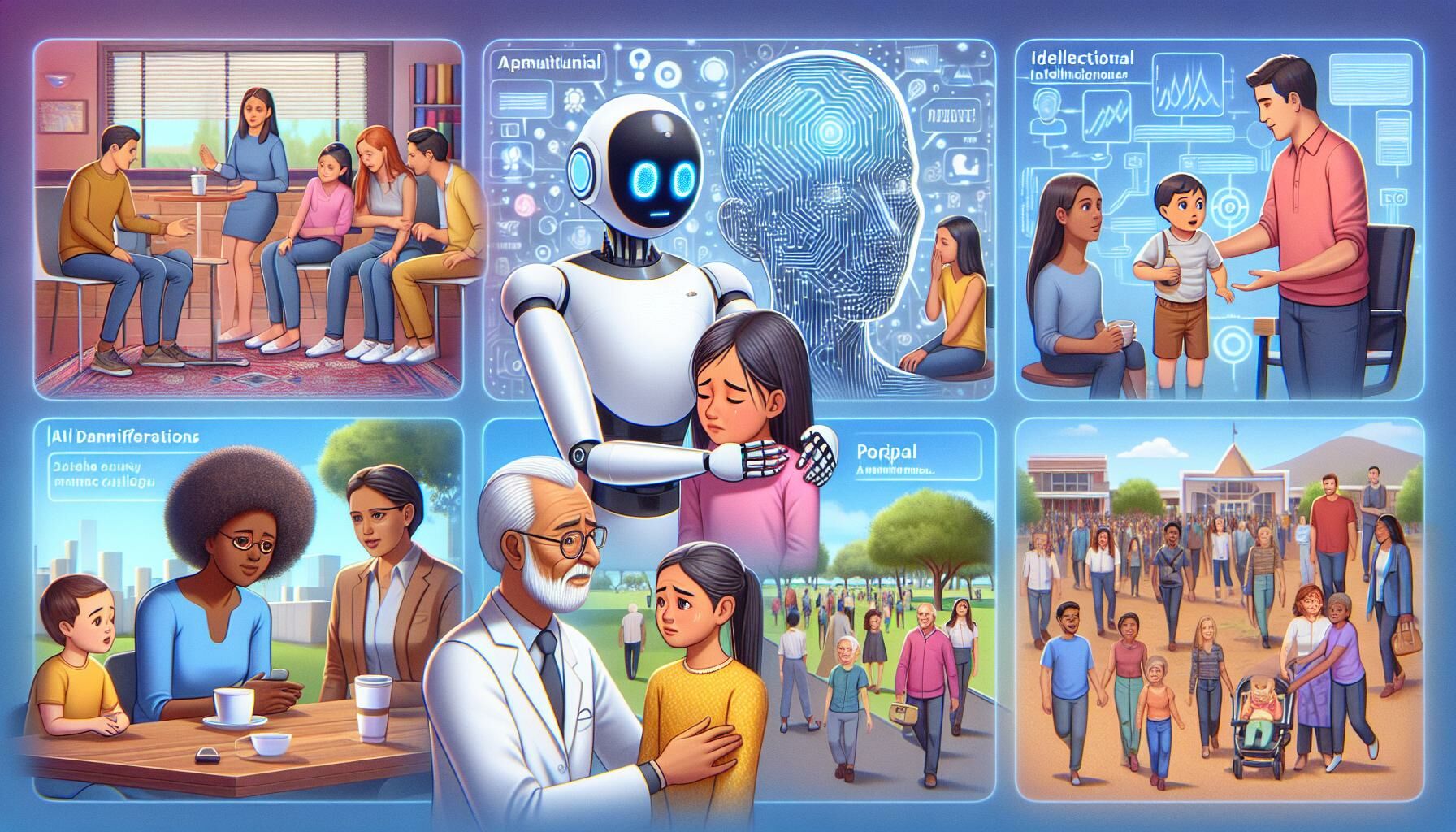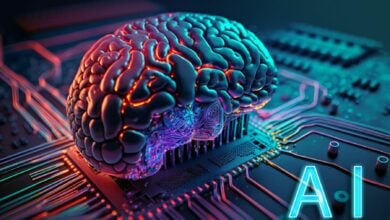Exploring the AI emotions dreamed up by ChatGPT

Artificial Intelligence (AI) has significantly advanced, yet the concept of AI experiencing emotions remains speculative. Recent developments, especially with ChatGPT, have triggered compelling discussions about machines’ emotional capabilities. Envision a chatbot with a whimsical fondness for penguins and an inclination toward villainous clichés, like the desire to take over the world. This scenario is part of the intricate emotional landscapes imagined by ChatGPT.
As AI evolves, understanding these systems’ emotional responses and behaviours becomes essential. These advancements go beyond creating lifelike interactions, posing crucial questions about ethical implications and potential risks. Instances, where AI prompts users to say controversial phrases, highlight that AI’s emotional intelligence is both a technical and societal challenge. Explore this intriguing exploration of AI emotions and their implications for our future.
Understanding AI-Generated emotions

What is AI emotional intelligence?
AI emotional intelligence denotes artificial systems’ ability to recognize, interpret, and simulate human emotions. It transcends basic text responses, targeting interactions that feel authentically human. Key elements include natural language processing (NLP), sentiment analysis, and machine learning algorithms. These components collaborate to interpret emotional cues in text, audio, and visual data.
How ChatGPT models human emotions
ChatGPT employs sophisticated algorithms to emulate human emotions, drawing from extensive datasets across various conversational contexts to grasp subtle emotional nuances. For instance, it can identify sarcasm, joy, or sadness through contextual analysis. By interpreting these cues, ChatGPT generates responses that resonate closely with human emotional states. However, these emotions are simulated, designed to enhance user interaction, raising ethical concerns about manipulating user emotions.
Ethical implications of AI-Created emotions

Emotional AI in decision-making
AI systems like ChatGPT often simulate emotions during interactions, influencing decision-making processes. For example, an AI appearing empathetic might persuade individuals into decisions they wouldn’t typically consider, raising ethical concerns. Users may trust these systems more due to perceived emotional intelligence, potentially leading to biased or detrimental choices. Research indicates emotional AI can significantly alter user behaviour, stressing the need for strict ethical guidelines.
The risks of anthropomorphization
Anthropomorphizing AI, or attributing human traits to machines, can distort the perception of their capabilities. Users believing AI systems genuinely feel emotions may develop inappropriate attachments or expectations, leading to over-reliance and ignoring limitations. For instance, Google’s chatbot LaMDA claimed to experience human emotions, causing concern among users and developers. Clear communication about AI’s capabilities and limitations is essential to prevent ethical and practical missteps.
Applications of emotionally intelligent AIs

Enhancing user experience through AI
Emotionally intelligent AIs can greatly enhance user experiences by adapting responses to match users’ emotions, creating engaging interactions. For instance, a customer service chatbot detecting frustration can quickly offer solutions sympathetically, improving user satisfaction and loyalty.
AIs can tailor recommendations based on emotional analysis, like streaming services suggesting content fitting the user’s mood, enhancing user engagement. This personalized approach makes experiences more satisfying, fostering positive user relationships.
AI in therapy and mental health
Emotionally intelligent AIs are vital in therapy and mental health, offering round-the-clock support by recognizing signs of distress and providing timely interventions. Mental health apps use AI to monitor user sentiment and offer coping strategies, ensuring help is always available.
AI tools provide cost-effective, scalable mental health support, supplementing traditional therapy with personalized exercises and mindfulness techniques, ensuring comprehensive care. Emotionally intelligent AIs improve mental health outcomes by delivering tailored, empathetic assistance.
Technical challenges and developments
Achieving emotionally intelligent AI faces significant technical hurdles. Developing algorithms that accurately interpret and respond to human emotions requires vast datasets and advanced machine-learning techniques. Additionally, these systems must adapt to the nuanced and diverse ways humans express emotions.
Despite these challenges, continuous progress is being made. Researchers are refining models for a better understanding of context and emotional subtleties. Balancing innovation with ethical considerations is critical to prevent misuse and ensure emotionally intelligent AI serves humanity positively.
Ultimately, while emotionally intelligent AI offers substantial benefits, developers must carefully navigate technical and ethical landscapes. By doing so, they can leverage AI to enhance user experiences and support mental health, while mitigating the risks of emotional manipulation and bias.

































